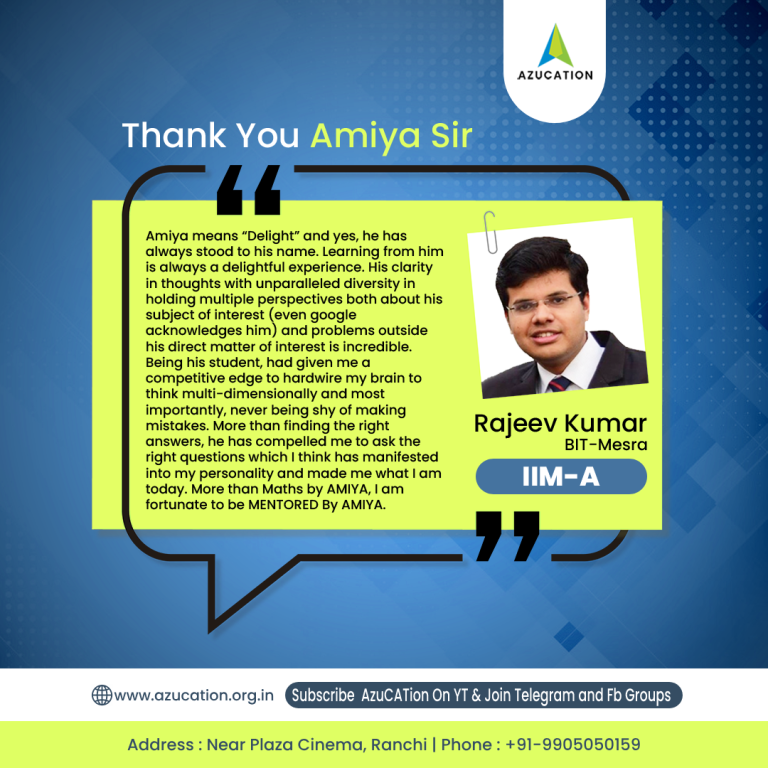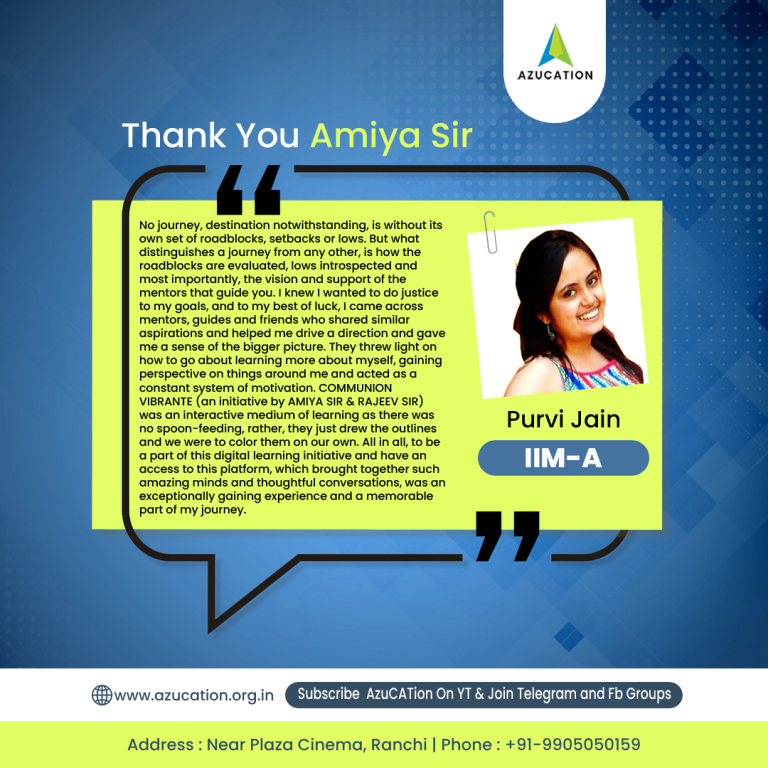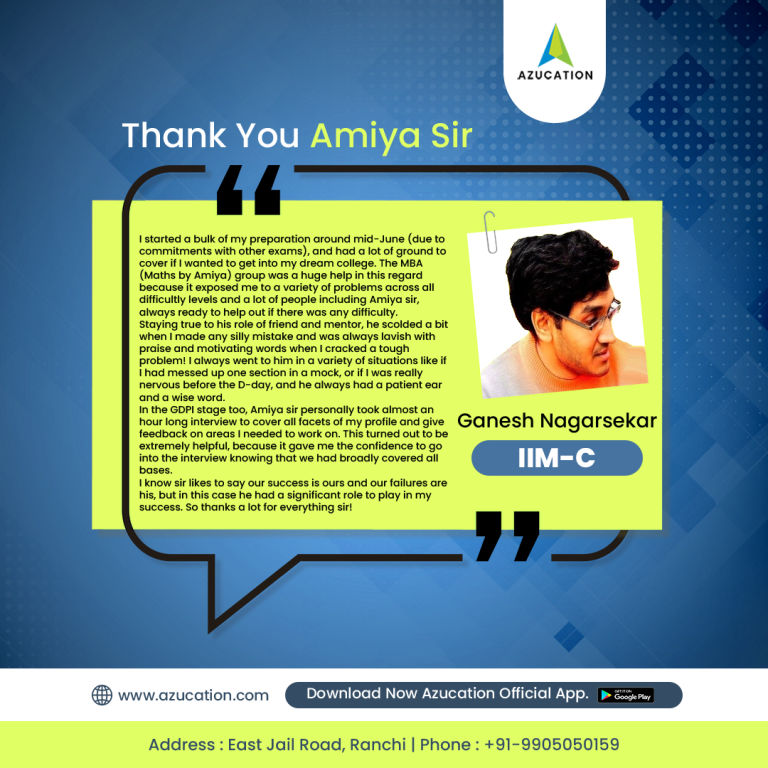RC Passage – Patents and Prize Fund

RC Passage – Patents and Prize Fund
RC Passage – Patents and Prize Fund
Part of modern medicine's success is built on new drugs, in which pharmaceutical companies invest billions of dollars on research. The companies can recover their expenses thanks to patents, which give them a temporary monopoly and thus allow them to charge prices well above the cost of producing the drugs. We cannot expect innovation without paying for it. But are the incentives provided by the patent system appropriate, so that all this money is well spent and contributes to treatments for diseases of the greatest concern? Sadly, the answer is a resounding "no."
The fundamental problem with the patent system is simple: it is based on restricting the use of knowledge. Because there is no extra cost associated with an additional individual enjoying the benefits of any piece of knowledge, restricting knowledge is inefficient. But the patent system not only restricts the use of knowledge; by granting (temporary) monopoly power, it often makes medications unaffordable for people who don’t have insurance. In developing countries, this can be a matter of life and death for people who cannot afford new brand-name drugs but might be able to afford generics. For example, generic drugs for first-line AIDS defences have brought down the cost of treatment by almost 99% since 2000 alone, from $10,000 to $130.
But, despite the high prices they pay, developing countries get little in return. Drug companies spend far more money on advertising and marketing than they do on research, far more on research for lifestyle drugs (for conditions like impotence and hair loss) than for lifesaving drugs, and often ignore the diseases that afflict hundreds of millions of poor people, such as malaria. It is a matter of simple economics: companies direct their resources where the money is, regardless of the relative value to overall society. The poor can’t pay for drugs, so there is little research on their diseases, no matter what the actual cost.
A “real” drug, for example, which tries to manufacture some portion of the income that otherwise accrues only to the company that dominates a niche, may be highly profitable, even if its value to society is questionable. Naturally, companies react to the blame this argument gets in public — no one wants to guess such a shot associated with breast cancer. What if these efforts were misused? It wouldn't be surprising: though $300 million was spent worldwide on research into a treatment for women who have not responded to standard chemotherapy, it was found that had a different goal. Instead of 5,000 women who were really at risk and needed appropriate medication, 50,000 were tested, scanned, and studied — many without indication — and a new pricing model was set.
There is an alternative way of financing drug innovation, consistent with all its distortions. It could do a far better job than patents, both in directing innovation and ensuring that the benefits of that innovation are enjoyed widely as possible: a medical prize fund. That would reward those who develop new medicines. Some governments already make use of prize funds for the development of new drugs and vaccines. Spending money drawn from the prize fund would replace profits for developers of treatments or preventives for costly diseases affecting hundreds of billions of people.
Especially when it comes to diseases in developing countries, it would make sense for some of the money spent on promoting lifestyle enhancements for a few billionaires could also be directed towards affordable cures for deadly diseases. With contributions across the world for the most urgent of global concerns, and the impact on mortality, morality, and productivity. Once the economics of need is realigned, the prize fund system has immense potential.
Of course, implementing such a prize system is not without a peculiar cost: the prize is temporary monopoly power, implying high prices, and yet it is believed that the returns that can be derived from such a system far outweigh the risks. If the prize fund system in health is to work efficiently, it must be redesigned to encourage not just trial and error — but to speed up universal access by all people as soon as better-directed funds were there rather than lower cost.


























